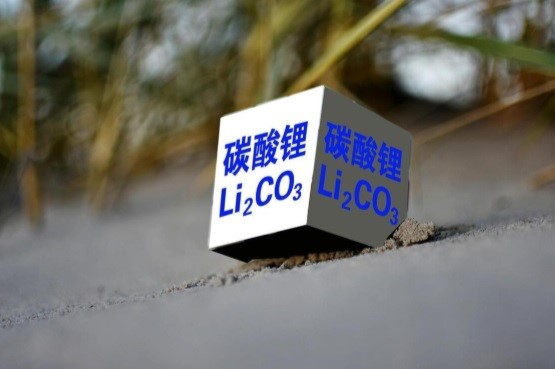Recently, the significant decline in the price of battery-grade lithium carbonate has attracted widespread attention in the market. According to the data released by Shanghai Ganglian, as of August 2, 2024, the average price of battery-grade lithium carbonate fell below 80,000 yuan/ton to 79,500 yuan/ton, which is a significant decrease from the high point of 600,000 yuan/ton in November 2022 and a new low since listing. This change has had a profound impact on the entire new energy vehicle industry chain, and China Exportsemi Web will try to deeply analyze the market supply and demand situation behind this phenomenon, the impact of price declines and future market trends, aiming to let our readers and friends understand the event from different views.
Market supply and demand analysis
The decline in the price of battery-grade lithium carbonate is closely related to its supply and demand situation. From the perspective of the supply side, although some lithium salt manufacturers plan to reduce production, the operating rate in Qinghai remains at a high level, and domestic lithium carbonate production remains high. According to statistics, in the first half of 2024, domestic lithium carbonate production increased by about 15% year-on-year, while imports also continued to increase, resulting in an oversupply situation. On the demand side, although the domestic new energy vehicle market continues to grow, the growth rate has slowed down. For example, domestic retail sales of new energy passenger vehicles decreased by 2% month-on-month from July 1 to 21, indicating that market demand has not grown in tandem.

Figure: The significant decline in the price of battery-grade lithium carbonate has attracted widespread attention in the market
The impact of falling prices
The continuous decline in lithium carbonate prices has had a profound impact on the lithium battery industry chain. First of all, the price drop helps to reduce the cost of battery manufacturers, it is estimated that for every 100,000 yuan/ton of lithium carbonate, the cost of 10KWh battery will be reduced by about 700 yuan. Taking the model with a 60KWh battery as an example, the cost of a single vehicle has been reduced by tens of thousands of yuan compared with the end of last year. Secondly, the decline in prices has also put pressure on upstream lithium salt companies, some of which may face the risk of losses, and the industry's production capacity will be cleared or accelerated.
Promote technological innovation
With the rational return of lithium carbonate prices, the supply and demand of lithium ore resources have gradually balanced, and the industry competition has shifted from a price war to a technological innovation war. For example, companies such as BYD and CATL have increased R&D investment to promote the improvement of battery energy density and further reduce costs, which has prompted the entire industry to mature.
Accelerate the substitution of fuel vehicles
The decline in lithium carbonate prices has reduced the operating pressure on battery companies, making the cost of new energy vehicles closer to that of traditional fuel vehicles. According to statistics, the sales of new energy vehicles in the first half of 2024 increased by more than 40% year-on-year, accelerating the replacement process of new energy vehicles for fuel vehicles.
Market competition has intensified
With the reduction of costs, new energy vehicle companies have more room for price reduction, which may lead to further intensification of market competition. Companies need to attract consumers by improving product quality and service, such as Tesla's recent Model 3 price reduction strategy, which further expanded its market share.
Consumers benefit
The declining cost of resources will eventually be transmitted to the consumer side, reducing the purchase cost of consumers and improving the cost performance and market competitiveness of new energy vehicles. According to market research, with the reduction of battery costs, it is expected that the average selling price of new energy vehicles by the end of 2024 will decrease by about 5% compared with the beginning of the year.
Industry reshuffle
The decline in prices may lead to a reshuffle within the industry, and some companies with weak cost control capabilities may face market elimination. At the same time, companies with cost advantages and technological innovation capabilities may gain a larger market share, such as CATL's share of the global power battery market continues to expand.
Energy storage market development
The decline in lithium carbonate prices has also unleashed the market potential of the energy storage business. With the development and application of energy storage technology, the global energy storage market is expected to grow by more than 20% in 2024, adding a key link to the stable development of new energy vehicles.
Summary
The decline in battery-grade lithium carbonate prices is the result of a combination of market supply and demand changes, industry cycle fluctuations and macroeconomic factors. Despite the downward pressure on prices in the short term, in the long run, lithium carbonate demand is expected to maintain growth as the global new energy vehicle and energy storage market continues to grow. Industry participants need to pay close attention to market dynamics and rationally adjust production and inventory strategies to cope with the challenges posed by price fluctuations. At the same time, technological innovation and the improvement of market competitiveness will bring new growth points to the new energy vehicle industry and promote the healthy development and market expansion of the entire industrial chain.






